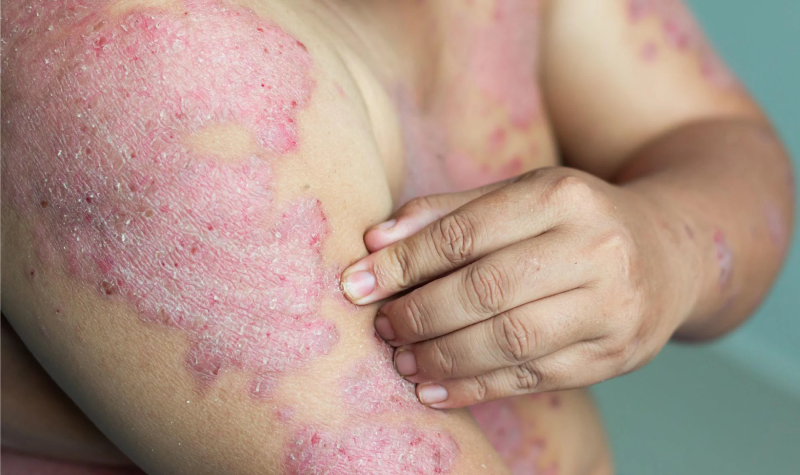Avoiding the things that cause your eczema is crucial if you are aware of what causes it. Other therapies, such as the ones listed below, reduce and eliminate symptoms.
Moisturizers and barriers available without a prescription work to hydrate parched skin and stop it from losing moisture. Some brands include Vaseline and a range of lotions, creams, and ointments. Additionally, sleeping with damp gauze over the afflicted areas hydrates your dry skin.)
Inflammation is decreased by over-the-counter medications and goods like topical hydrocortisone.
Over-the-counter antihistamines: Usually, they don't relieve the itching caused by dry skin Diphenhydramine (BENADRYL®), a sedating antihistamine, may aid in sleep, but it also reduces alertness, even the next day. This may have an impact on academic achievement or driving skills.)
prescription medications with anti-inflammatory effects, like:
- stronger topical or oral corticosteroids
- Topical inhibitors of calcineurin (TCIs)
- Biological medications and systemic medications
Skin infections are treated with oral or topical medicines.
Inflammation can also be treated with phototherapy, which is the use of UV radiation under medical supervision.
Acne treatment can lessen discomfort and itching, shield the skin from infection, and enhance quality of life. To help develop a treatment and management plan that is effective for you, don't forget to consult your doctor.

